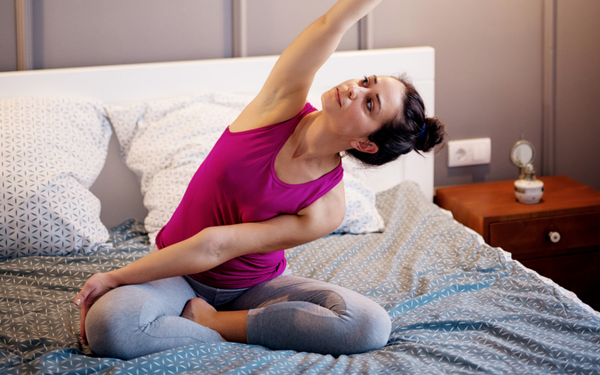
Road Warriors are lonely and
anxiety-ridden and want business travel brands to provide offerings to keep their wellness habits on track while they’re on trips, according to a report from Digitas' intelligence division
Vera.
More than nine in 10 business professionals surveyed for the report find it difficult to partake in healthy behaviors when traveling for work, creating a tremendous opportunity for
brands to assist consumers in maintaining wellness on the road, just as they do at home.
Right now, Digitas says no industry or brand name stands out as a clear leading-edge player in
creating these types of meaningful solutions. Airlines and business travel booking companies, ranked at 55% and 57%, respectively, are the worst culprits when it comes to perceived wellness
offerings.
Hotels and health retail stores (83% and 86%, respectively, came closest to bridging the gap.
advertisement
advertisement
“With a heightened need for wellness — wellness being defined
as the quality or state of being healthy in body and mind — is a growing sense of stress and deepening loneliness,” says Shreya Kushari, executive vice president, head of media
investment/accountability, Digitas. "Today’s frequent business traveler is looking for better experiences."
Digitas recommends a handful of strategies to appeal to these
wellness-oriented travelers.
First, the agency advises brands to have a "bigger appetite" when it comes to implementing technology for these travelers. Some 81% of respondents say they’d
be more likely to partake in healthy behaviors when away on business if these healthy activities were more accessible.
Brands need to engage and incentivize consumers to find out what their
interests are and what products and services help them. Companies may appeal to frequent business travelers by creating personalized experiences that help them feel at home when they’re away
from home. This would help the 63% of millennial business travelers who say they fight loneliness, compared to 49% of Gen X and 50% of Boomers.
Also, advertisers should accentuate
positive experiences and travel perks, as well as create peace of mind for consumers. There is a growing consensus that alternatives viewed as "stress-relieving perks," such as access to fitness
groups and customized healthy menu options, are more preferable to business travelers than "stress-related perks" like free WiFi.
In addition, there are a growing number of experiences
that brands can step into that connect physical and digital worlds, such as virtual meditation.
Companies must recognize business travel has a group element by developing offerings that
promote health within a social setting or channeling peer pressure toward a wellness-based experience. To that end, 62% of business travelers would find it helpful if companies they use for business
travel provided an app feature that connects them with other business travelers interested in wellness.
Digitas commissioned The Harris Poll to do a survey earlier this year of 726 U.S.
adults 18+ who have traveled for business that required at least one overnight stay in the past 3 years.
More from the report can be found here.